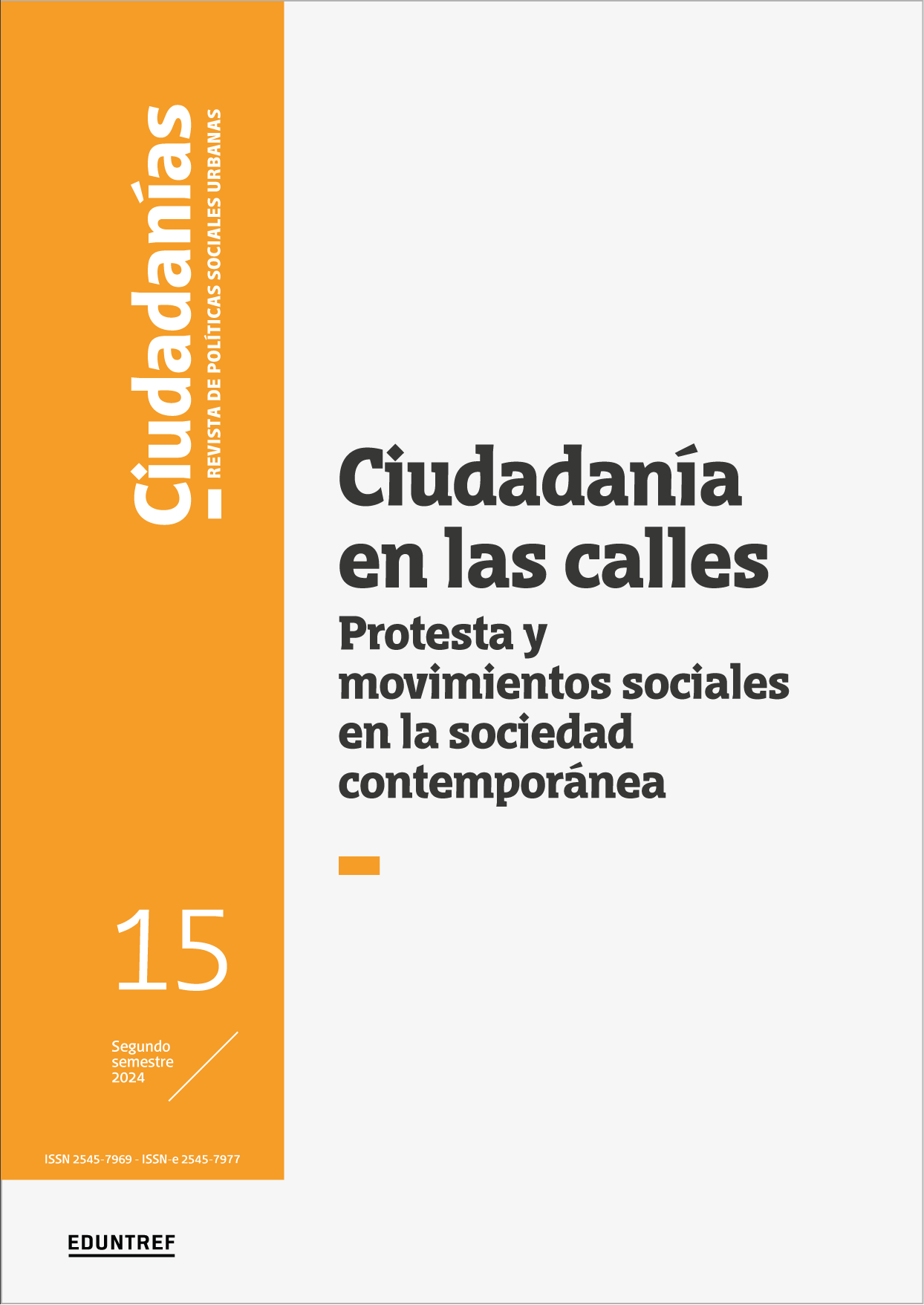Abstract
In the Chilean popular uprising, socio-political practices broke with the normality of parliamentarism, to carry out actions that transcend representative democracy. Direct action in evasions, building takeovers, strikes, as well as demonstrations were the majority expression of the losers of neoliberalism. The 30 years of “democratic transition” were confronted with a “popular overflow” with the practice of direct action, which is a resource of the repertoire of collective action transversal to the different socio-political practices. Despite the democratic demands that emerged, the protest collided with the institutions of neoliberal capitalism that did not allow the advancement of such demands, although the belligerent proletarian universe re-signified the sense of democracy.

